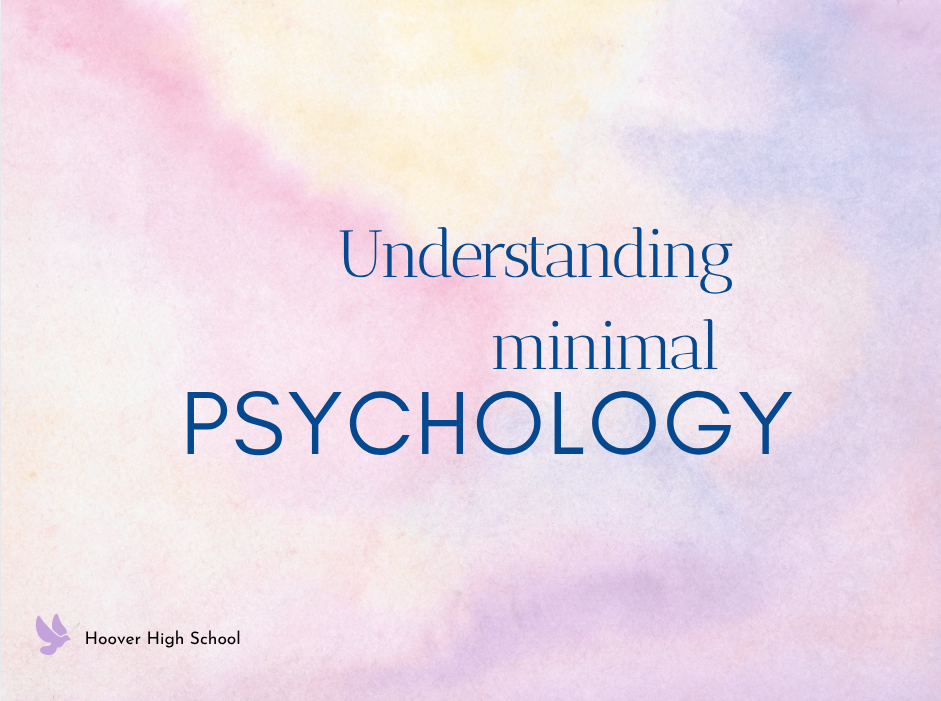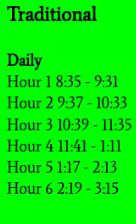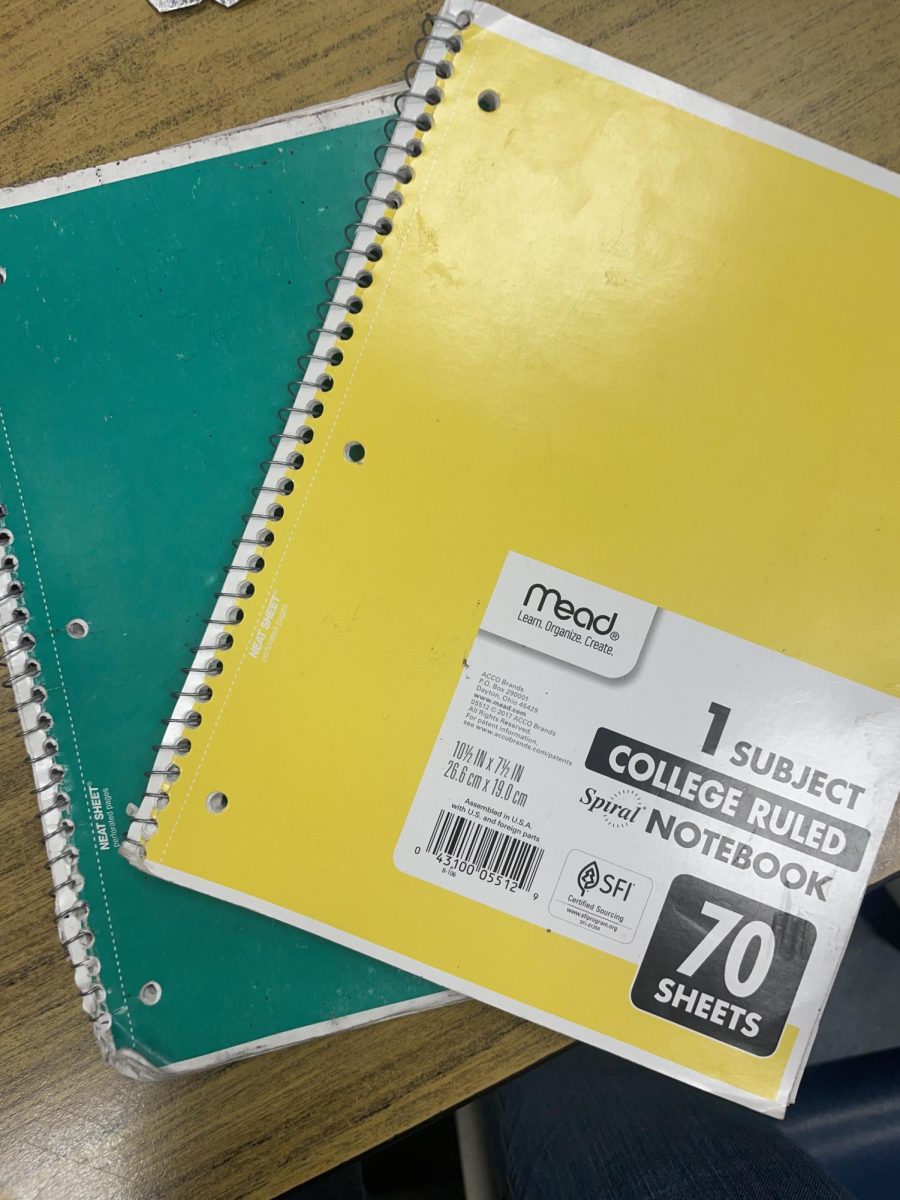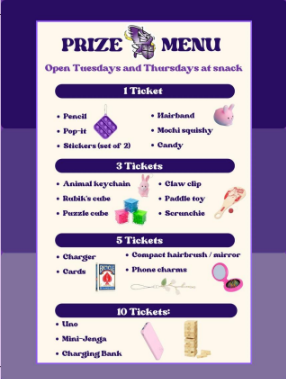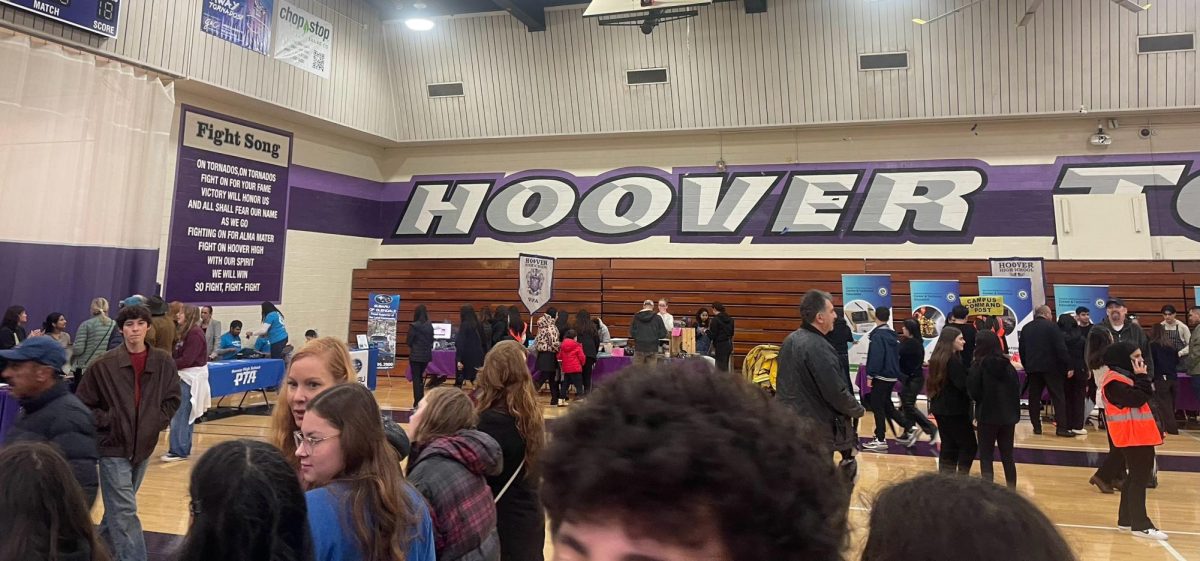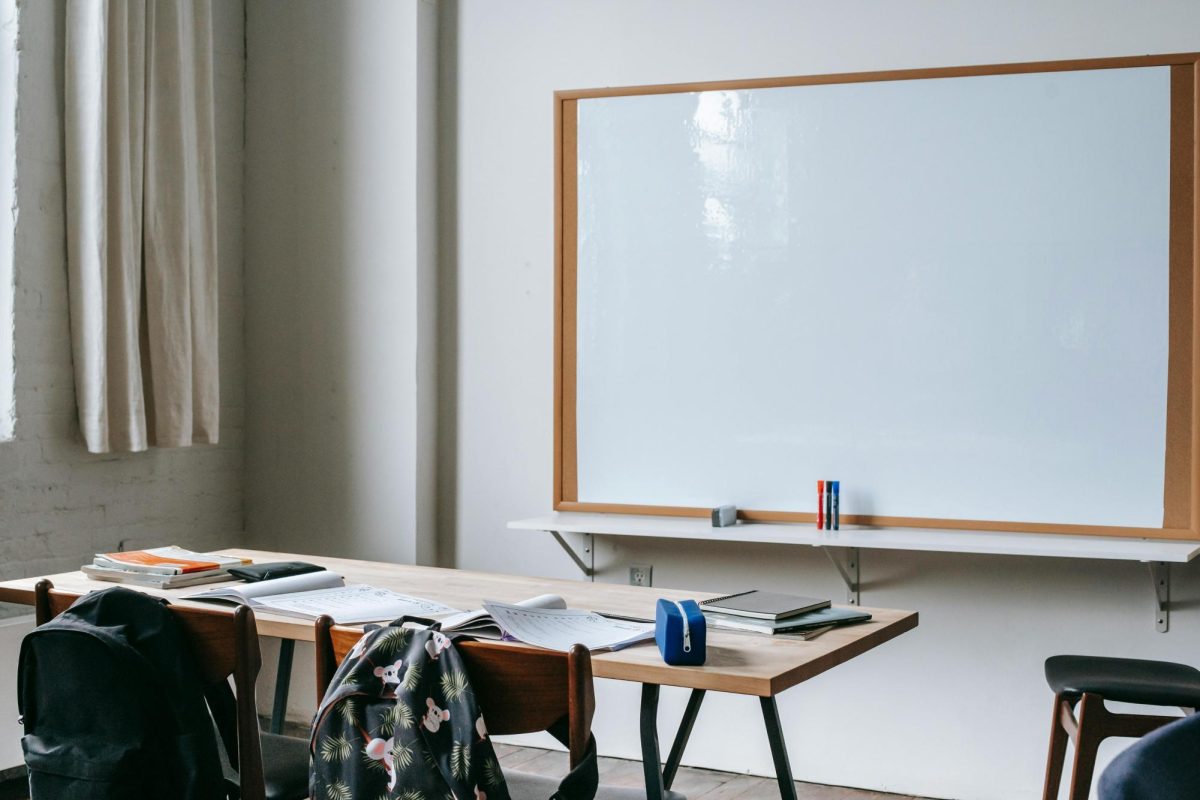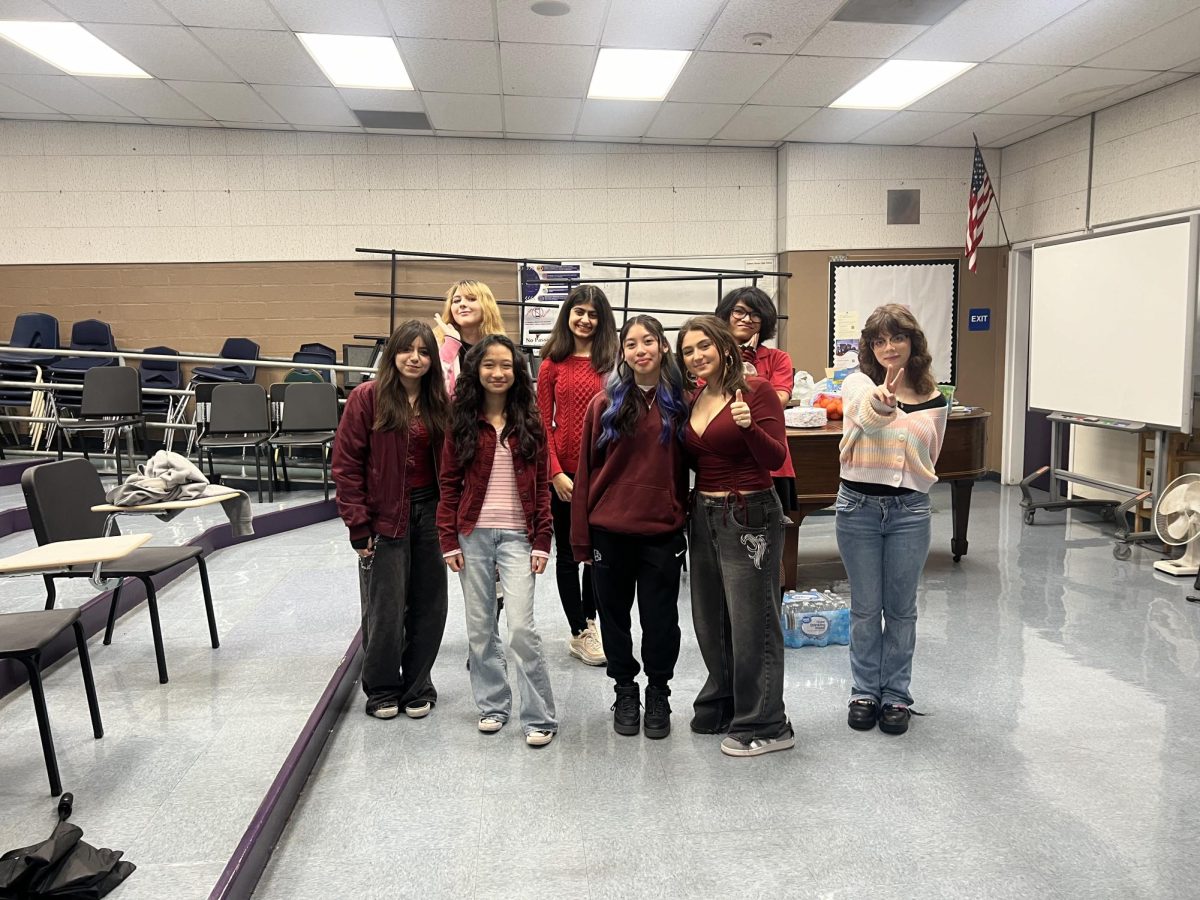Psychology is all around us: how we make friends, cope with stress, and understand our feelings. Psychology is the scientific study of the mind and behavior, exploring why people think, feel, and act the way they do (dictionary.apa.org). From the moment you wake up to the way you solve a tricky problem in class, psychological principles are at work in your daily life (britannica.com).
What Is Psychology?
Psychology began as part of philosophy but grew into its own science by the late 1800s, when researchers started using experiments to study mental processes and behaviors (dictionary.apa.org). Today, psychologists work in labs, schools, hospitals, and even sports teams to learn about things like memory, emotion, and how we interact with others (kids.britannica.com).
When you stop to wonder why you remember some facts but not others, or why you feel nervous before a test, you’re asking psychological questions even if you don’t realize it. By studying psychology, you learn tools that can help with stress, improve your grades, and make friends more easily.
Exploring the Big Ideas
Psychology covers a wide range of topics. One way to see this variety is by looking at different schools of thought groups of ideas that focus on certain parts of human experience. For example, behaviorism studies how rewards and punishments shape our actions, while cognitive psychology digs into how we think and solve problems (verywellmind.com). Other areas like clinical psychology focus on helping people with mental health challenges, and social psychology examines how we influence and are influenced by others (verywellmind.com).
Rather than a set list of facts, psychology is more like a toolbox: each theory or method gives you a new way to look at yourself and the people around you. Learning a bit about how memory works or why groups can change our choices helps make sense of everyday events.
Why It Matters in High School
When you understand how stress affects your brain, you can use simple strategies to calm down before an exam or conversation. That’s the power of social‑emotional learning in action (casel.org).
Knowing basic psychology also makes you a better friend and teammate. When you realize that someone’s behavior might be shaped by their past experiences, you’re more likely to show empathy and support. These skills don’t just help you now, they set you up for success in college and beyond. Learning from experts can make psychology feel real and exciting.
Reflect and Grow
YouTube has myriad videos from psychologists, psychiatrists, and influencers about psychology and mental health. Even if you don’t take AP Psychology at Hoover as a formal class, you can learn on your own by checking out a video. To make the learning stick, try these steps:
- After you watch, take a moment to connect what you learned with your own life. Try writing a few sentences about each of these:
- Think of a time when you noticed your mood changing. What do you think triggered it, and how did you handle it?
- Describe a situation where you changed your behavior because of someone else’s words or actions.
- Recall something you learned in class. How did you remember it best?
Reflecting like this makes the information stick and helps you see how psychology applies to your world.
Moving Forward
Psychology is a journey, not a destination. Start by exploring one topic that grabs your interest, whether it’s how memories form, why we dream, or how friends affect our choices. Talk with a teacher, watch more videos, or ask a counselor about internships or clubs related to mental health.
By learning the basics of psychology, you gain tools to understand yourself and others better. You’ll find school less stressful, relationships more rewarding, and the world a lot more interesting. Ready to dive in? Your mind is waiting to teach you all about itself!

